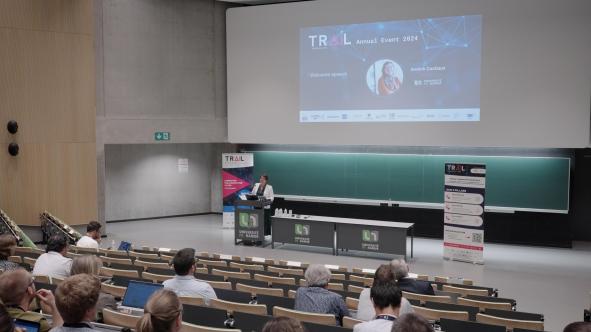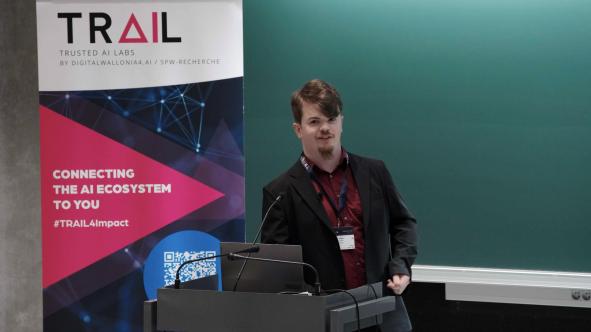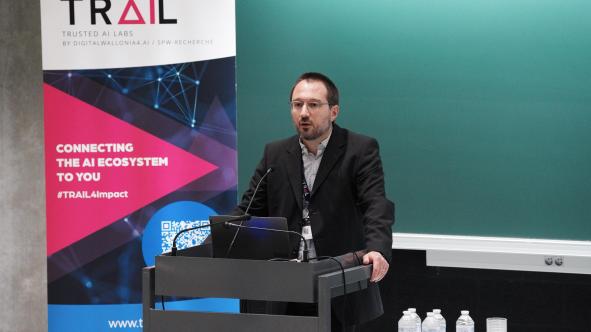AI: how to adopt the technology sensibly? Experts meet at UNamur
The annual conference of Trail, the structure that brings together all artificial intelligence researchers in the Wallonia-Brussels Federation, and entitled "Inclusion, Parcimony and Plurality: the Future of AI?", was held at UNamur on May 14. 150 participants came to listen to a particularly rich and varied program.



